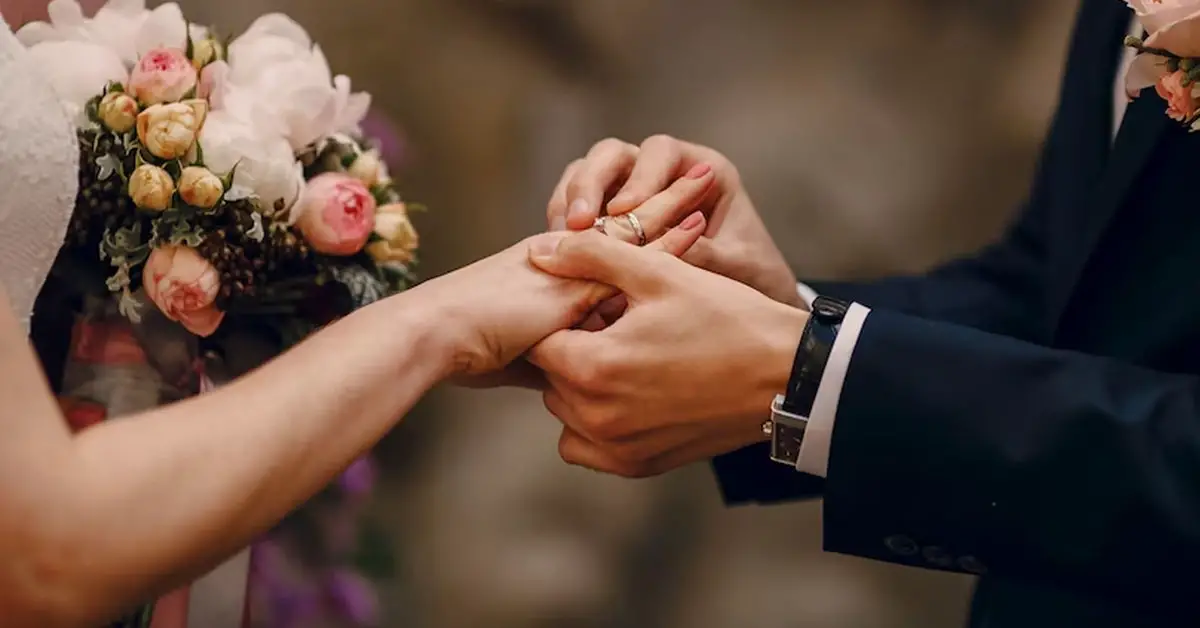Marriage vs. Domestic Partnership: Legal and Emotional Perspectives
In our modern world where relationships come in diverse forms, a common question arises: “Can you marry if you are in a domestic partnership?” This query delves into the complexities of relationships, highlighting the various ways individuals choose to formalize their commitments. From legal nuances to emotional considerations, let’s explore the dynamics between marriage and domestic partnerships.
Understanding Domestic Partnerships
A domestic partnership represents a legally recognized relationship where two individuals cohabit without formal marriage. This arrangement, akin to Alex and Jamie’s situation, grants specific rights and benefits similar to those of married couples. These partnerships symbolize mutual support, especially during critical life events such as health crises.
Legal Benefits of Domestic Partnerships
By registering their partnership, individuals like Alex and Jamie gain significant advantages. For instance, in medical emergencies, partners can enjoy visitation rights and access to health insurance benefits. This legal recognition solidifies their commitment to each other’s well-being.
Legal Contrasts Between Marriages and Domestic Partnerships
While both unions foster care and commitment, they differ significantly in legal aspects and societal recognition.
Marriage: Formal Union and Legal Privileges
Marriage signifies a legally recognized union accompanied by ceremonial vows. Couples benefit from joint tax filings, simplified inheritance procedures, and broader legal protections.
Domestic Partnership: Alternative Status with Limited Legal Framework
In contrast, domestic partnerships offer rights akin to marriage but lack its comprehensive legal structure. Tax treatment and inheritance matters may be more complex for domestic partners.
Can You Marry While in a Domestic Partnership?
The possibility of marrying while in a domestic partnership varies based on local laws. In some jurisdictions, transitioning from a partnership to marriage is feasible, automatically dissolving the partnership upon marriage.
Navigating Legal Procedures
Before pursuing marriage, it’s crucial to understand and comply with legal requirements. Terminating the domestic partnership officially ensures a seamless transition to marriage, avoiding future complications.
Steps Towards a Smooth Transition
Preparing to transition from a domestic partnership to marriage involves strategic planning and legal awareness.
1. Legal Understanding
Familiarize yourself with local laws governing partnerships and marriages to ensure compliance and clarity.
2. Closure of Current Partnership
Complete necessary paperwork to dissolve the domestic partnership, clearing the path for marriage legally.
3. Seek Legal Guidance
Consult legal experts to navigate the process smoothly and address any legal complexities or concerns.
Conclusion: Making Informed Decisions
In conclusion, the choice between a domestic partnership and marriage is personal and nuanced. Understanding the legal implications and following proper procedures is key to a seamless transition. Whether you choose to marry or maintain your partnership, informed decisions ensure a harmonious and legally sound path forward.
Questions and Answers:
- Q: Can you get married if you have a domestic partnership? A: Yes, transitioning from a domestic partnership to marriage is possible in certain locations, subject to local laws.
- Q: What are the legal benefits of domestic partnerships? A: Domestic partnerships offer benefits like visitation rights, health insurance coverage, and mutual support during emergencies.
- Q: How can one prepare for a smooth transition from a partnership to marriage? A: By understanding legal requirements, officially terminating the partnership, and seeking legal guidance for a seamless transition.
- Q: What steps can help prevent divorce and nurture a lasting marriage? A: Strategies include effective communication, quality time together, seeking counseling if needed, and mutual respect and understanding.
- Can I marry after having a domestic partnership in California? Yes, in California, transitioning from a domestic partnership to marriage is possible after legally terminating the partnership.
- How can I overcome the fear of not getting married? Address fears by understanding their origins, seeking support, and focusing on personal growth and fulfillment irrespective of marital status.
- What strategies help prevent divorce and nurture a lasting marriage? Strengthen communication, prioritize quality time, seek counseling when needed, and cultivate mutual respect and understanding to foster a resilient and lasting marital bond.

